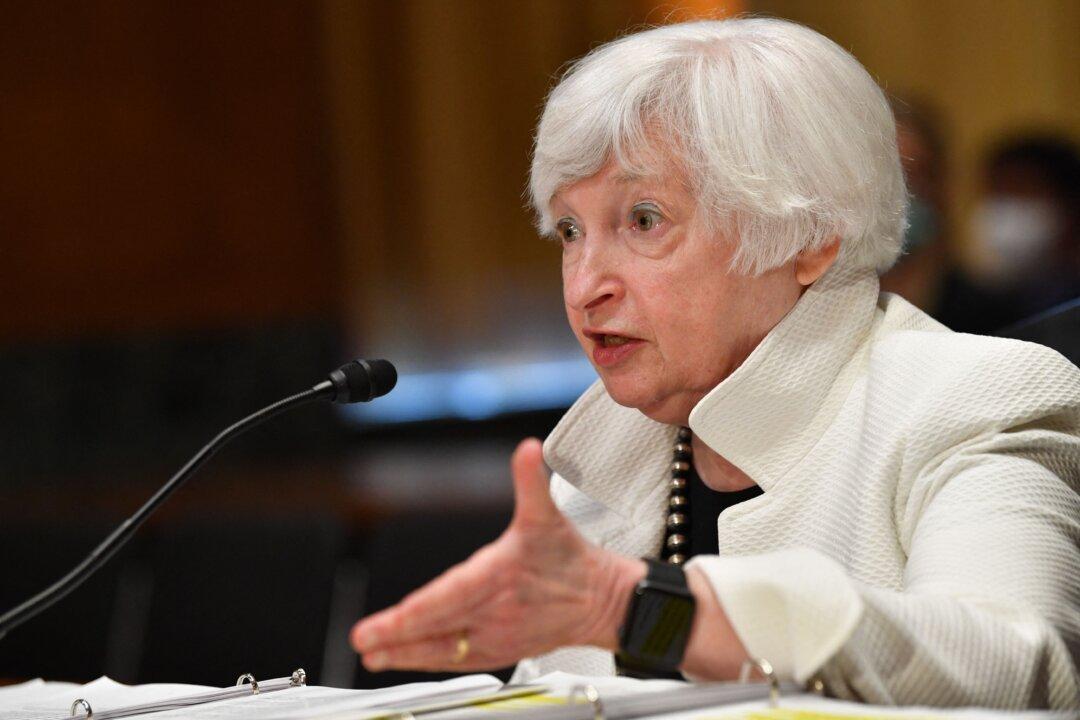Sen. Chuck Grassley (R-Iowa) wants to know why, more than a year later, the Department of Treasury, Department of Justice (DOJ), and IRS have yet to explain to America who leaked highly confidential tax return data on hundreds of Americans to a news outlet.
“More than a year ago, the news website ProPublica began publishing stories that it claims are based on ‘a vast trove of Internal Revenue Service data on the tax returns of thousands of the nation’s wealthiest people, covering more than 15 years’,” Grassley told colleagues during a Sept. 12 floor speech.





